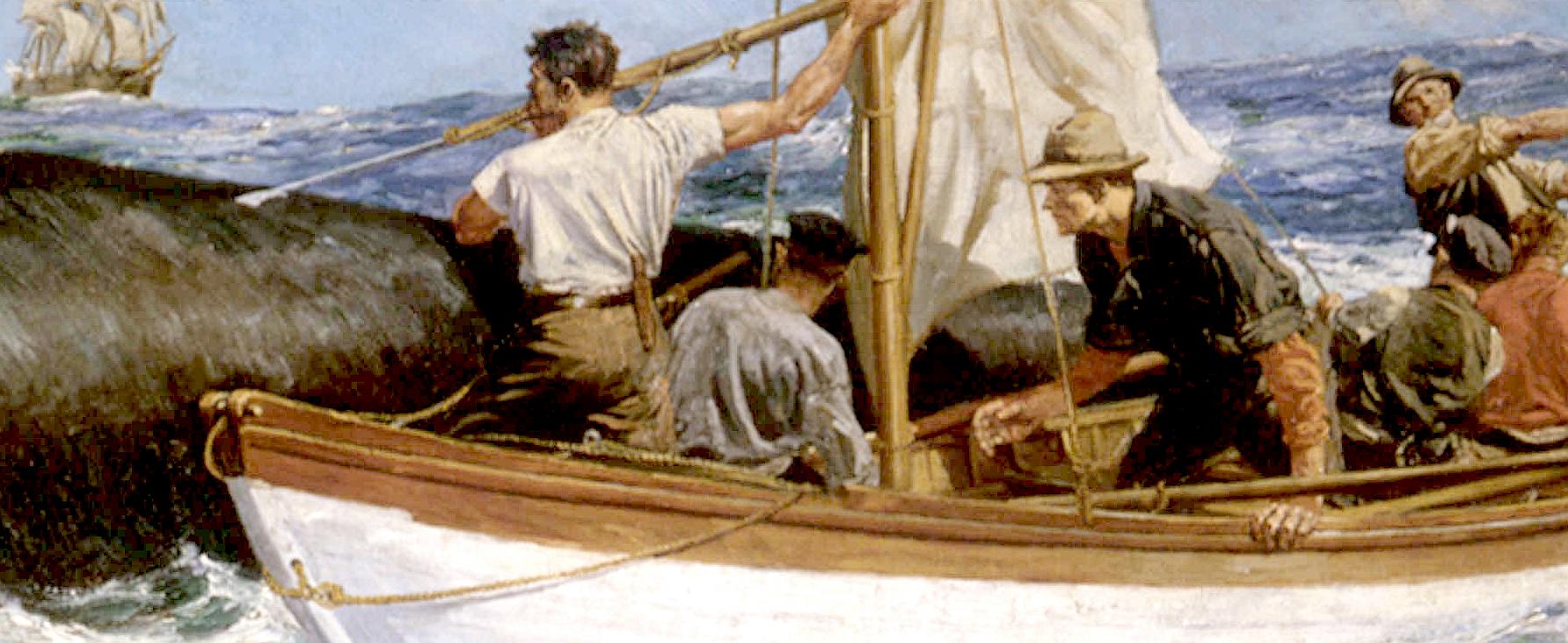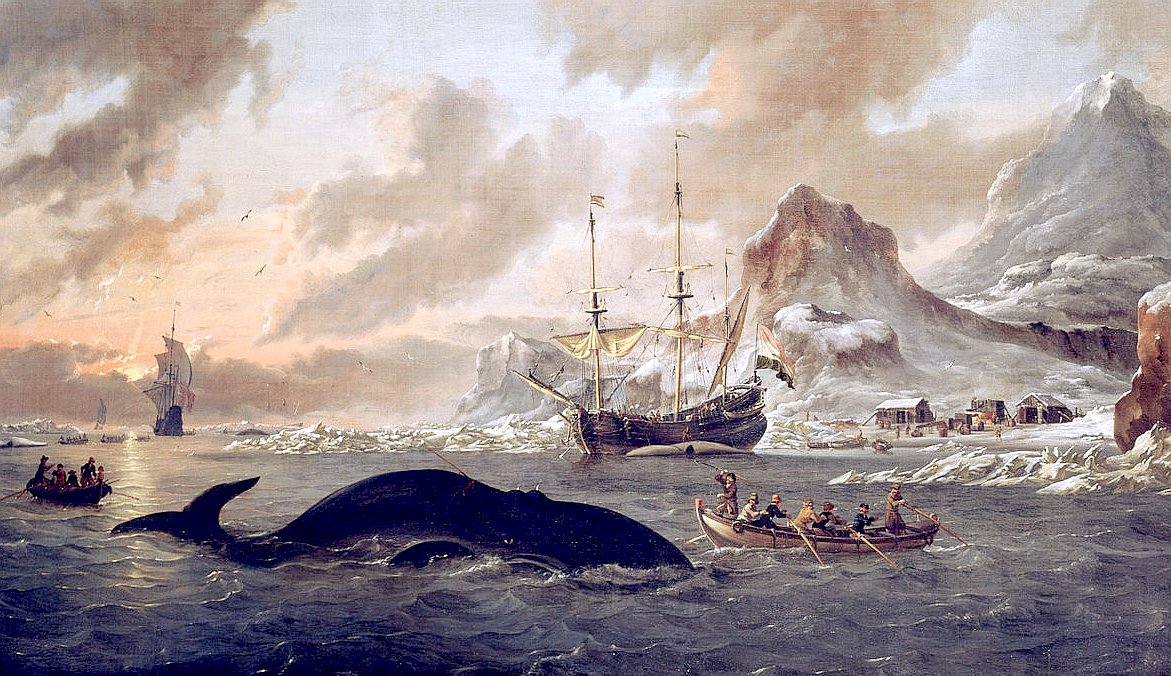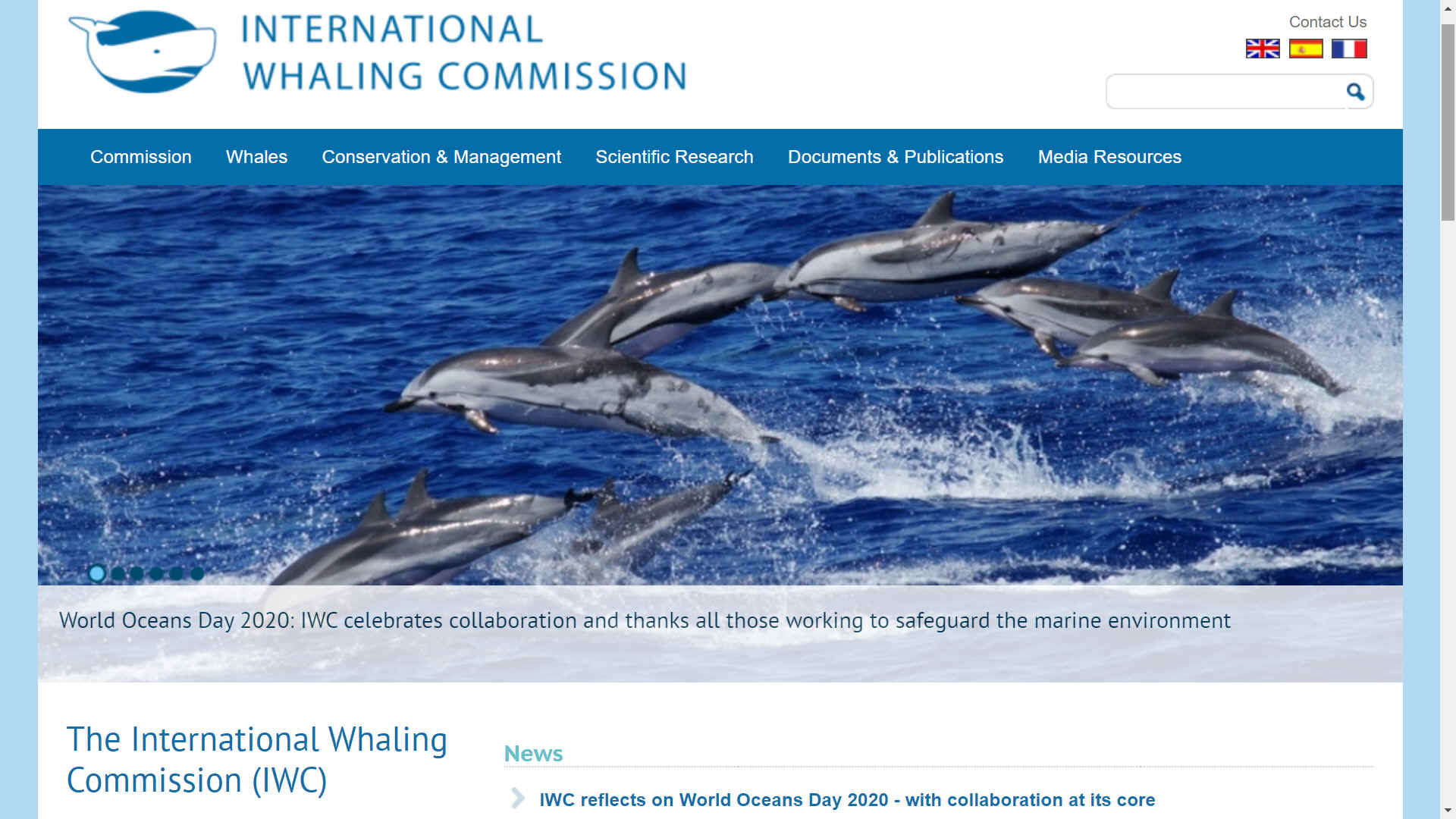|
HERMAN MELVILLE
Please use our A-Z INDEX to navigate this site, or return HOME
|
|
Herman Melville was the author of a number of useful books about life at sea and whaling, drawing upon his own experiences and embellishing them with facts and fictional emphasis to create some truly influential works.
As writer, he started putting pen to paper to record the stories he used to tell his friends and family. His first two books were a great commercial success, but with Moby Dick he did not do so well, and subsequent deviation from the nautical theme did not serve him well, until he virtually gave up writing book length stories from disillusionment in favour of poems, and working in other relatively mundane jobs just to get by.
This was a great pity for all in the literary world, the good news being that Moby Dick is now recognised for the American classic that it is.
HERMAN'S
BOOKS
LINKS & REFERENCE
https://whalinghistory.org/ https://www.whalefacts.org/history-of-whaling/
Please use our A-Z INDEX to navigate this site
|
|
|
This website is Copyright © 2020 Cleaner Ocean Foundation Ltd
|



